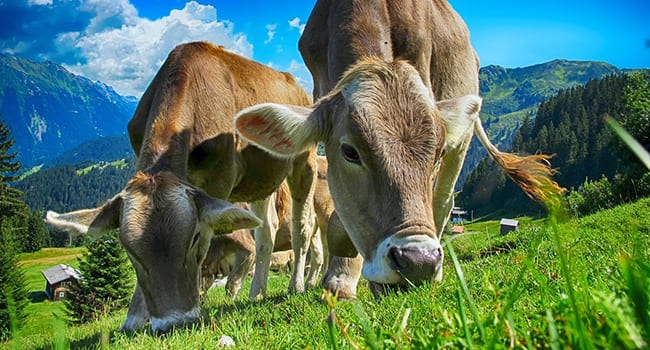 COVID-19 has had an impact on Canada’s food industry but, over time, resilience will prevail. However, the federal government’s pre-holiday announcement that it will increase the carbon tax to $170 per tonne by 2030 will have a long-term impact on consumers.
COVID-19 has had an impact on Canada’s food industry but, over time, resilience will prevail. However, the federal government’s pre-holiday announcement that it will increase the carbon tax to $170 per tonne by 2030 will have a long-term impact on consumers.
Climate change is a real and significant problem. We need to act quickly, and the carbon tax seems to provide a simple and fair solution. The Trudeau government is clearly committed to the carbon tax now.
This tax – more of a policy – is essentially aimed at penalizing polluters. That’s a good idea, in principle, but is short-sighted in many ways.
For some farmers, a tax of $170 per tonne is a game-changer. By 2030, a typical 5,000-acre farm would have to shell out more than $150,000 in new tax, based on some estimates, without any compensation. That’s enough to compromise any farm’s ability to make a profit.
As well, how a $170 tax impacts the competitiveness of the sector will depend greatly on what happens at Canada’s borders and beyond. Given the competitiveness of national and international food markets, a $170 tax per tonne imposed in Canada, but not imposed in other major exporting and importing countries, will undoubtedly penalize our farmers.
Producers can’t increase their prices even if production costs increase on the farm. This is quite simply price-taking economics. Unlike the processing and distribution sectors, this economic reality afflicts production specifically.
The government is considering imposing a border control tax on food products from elsewhere, but nothing is confirmed. Taxing domestic production would give importers a significant competitive advantage. Protecting our farmers is imperative.
Of course, with the arrival of president-elect Joe Biden and vice-president-elect Kamala Harris in the White House, things could get easier internationally. Like the Canadian government, Biden intends to ratify the Paris climate accord on behalf of the United States. The agreement encourages nations to achieve carbon neutrality by 2050. To this end, American producers may also have to pay a tax, like those in Canada.
Agriculture producers are among the best environmental stewards in the world. They earn their living mainly by having access to abundant natural resources. Environmental recklessness is just not an option.
But incentives to make big changes are lacking. For example, there’s no economical substitute for propane to dry out grain at harvest. We need to develop new technologies to offer environmental options to our producers.
There are also significant risks for consumers.
Farmers keep claiming that food prices will rise, in part because of the carbon tax, which will hit $50 per tonne by next year. But Quebec and British Columbia have had such a tax since 2007 and 2008, respectively, and food prices haven’t increased faster than elsewhere. In addition, consumers receive credits as compensation during tax return season.
Yet it remains unclear how consumers are compensated for higher food prices spawned by fees paid by the food industry, from farm to fork. With a high rate of $170 per tonne, the idea that the carbon tax could have an impact on retail prices is much less farfetched.
Further research is required, of course, but it’s certainly possible that Canada’s food inflation rate will increase significantly by 2030.
As presented, Canada’s carbon tax policy isn’t just about penalizing polluters in the food industry, from farm to fork. It mostly inhibits farms and forks.
Some consumers will be willing to pay the right price for food to help save the planet, so the effects of a carbon tax won’t be much of an issue. But for many Canadians who struggle to make ends meet, budgetary realities will be an obstacle even as credit is provided.
The federal government is clearly not considering how the carbon tax could put many Canadian families in a state of food insecurity by 2030.
Dr. Sylvain Charlebois is senior director of the agri-food analytics lab and a professor in food distribution and policy at Dalhousie University.
Sylvain is a Troy Media Thought Leader. Why aren’t you?
For interview requests, click here. You must be a Troy Media Marketplace media subscriber to access our Sourcebook.
The views, opinions and positions expressed by columnists and contributors are the author’s alone. They do not inherently or expressly reflect the views, opinions and/or positions of our publication.

